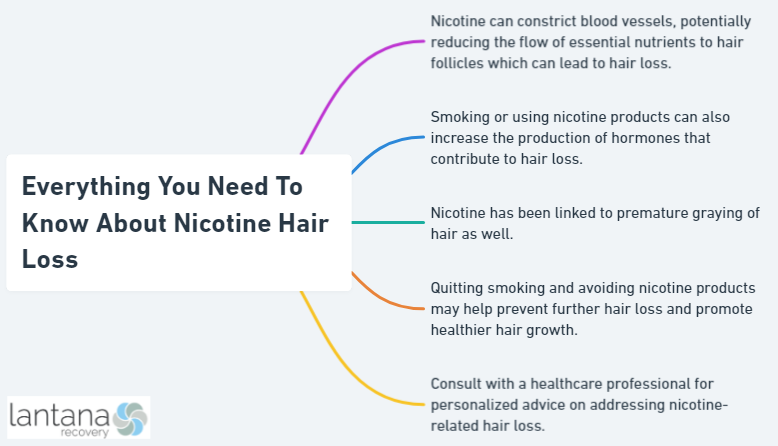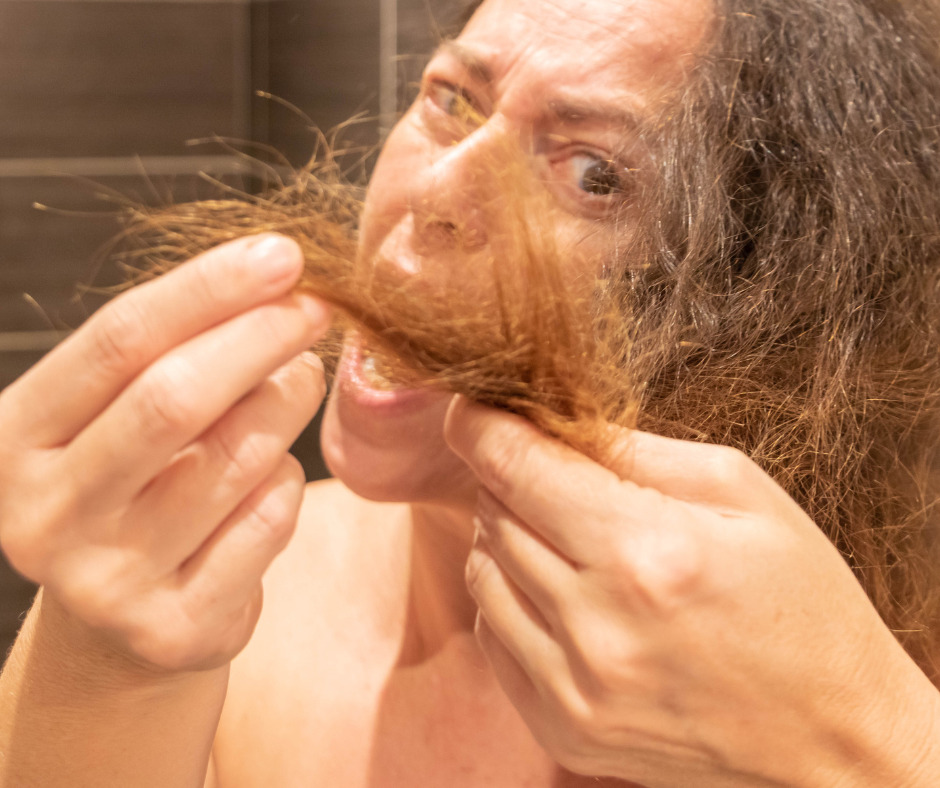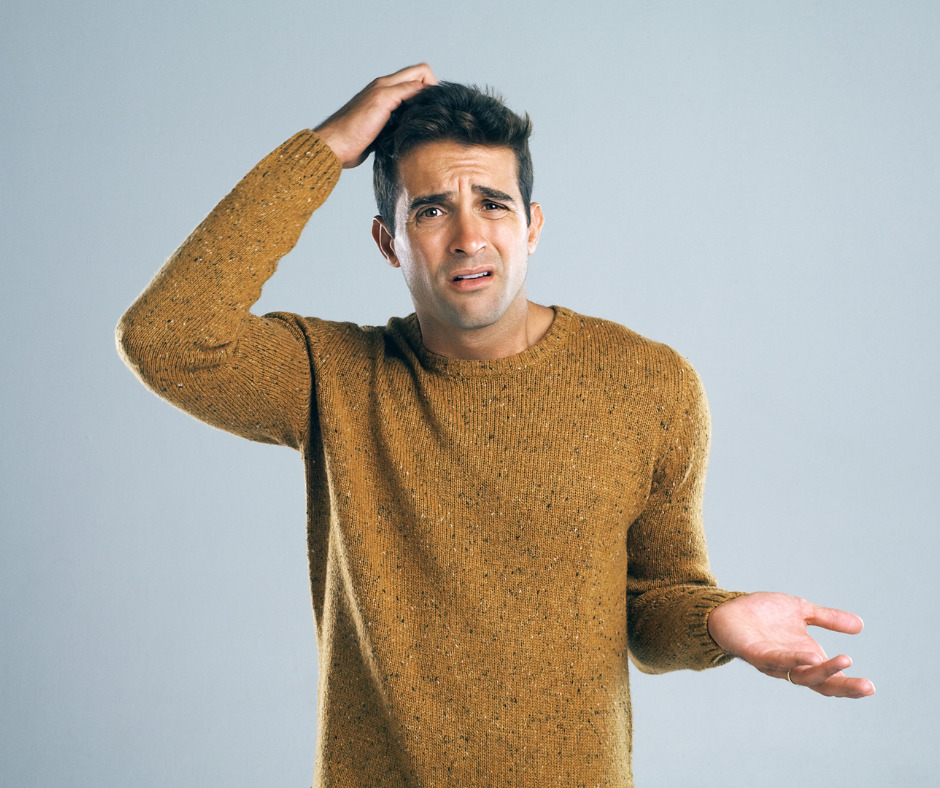Key takeaways:
- Nicotine is the principal psychoactive drug in tobacco and is found in cigarettes, cigars, and chewing tobacco.
- Smoking is considered an addiction, and nicotine cessation programs are offered to help with quitting.
- Nicotine triggers various health risks, including gum diseases, heart disease, respiratory diseases, reduced fertility, headaches, and migraines from vaping/nicotine, reduced immune system, and disabilities in newborn children.
- Nicotine consumption has been associated with hair loss, hindering hair growth, and causing hair staining.
- Nicotine can cause hair loss through external exposure, gum usage, excessive oil secretion, disturbance of pH levels, excessive DHT secretion, and harmful chemical reactions.
- Nicotine staining of hair and nails can occur in smokers and those exposed to passive smoking, but it is not permanent and can be removed using vitamin C baths or other remedies.
- To reverse nicotine-induced hair loss, one should quit nicotine consumption and consider using vitamin E, essential oils, iron supplements, proteins, and other nutrients to promote hair growth.
- The damage caused by nicotine consumption is reversible to some extent, but it is important to quit smoking and maintain a healthy, nicotine-free lifestyle to prevent permanent damage.
Nicotine is the principal identifying constituent of tobacco-a common psychoactive drug, that stimulates brain activity, is found in tobacco and is used mainly in cigarettes, cigars, chewing tobacco, etc. Nicotine is a drug and we know that there is no safe level to drug use, which is why smoking is considered an addiction as well and so, we offer Nicotine and Smoking cessation programs. Tobacco contains tar and nicotine, and when they are burnt together, toxic gas like carbon monoxide is released which not only causes lung damage but can be fatal if inhaled for long.
Diseases
Nicotine triggers health risks in many ways. Cigarettes it is used to cause lung cancer and chronic abdominal pain. Some of the common diseases caused by nicotine are:
- Gum diseases
- Heart disease
- Disabilities in newborn children
- Decreased fertility
- Headaches and migraines from vaping/nicotine
- Respiratory diseases
- Reduced immune system
These are some of the common side effects of nicotine but a study has recently found another increasing side effect of nicotine consumption: hair loss! That’s right, there’s been an association drawn between smoking and hair loss.
Let’s do some fact check on this study!
Does Nicotine Cause Hair Loss
You heard right! Nicotine causes hair loss. Here’s how:
- External Exposure: external exposure to nicotine can cause severe damage to hair follicles and make hair follicles fall out.
- Nicotine gum: Nicotine gum can block blood circulation or cause vasoconstriction and cause hair damage in the form of premature balding, and we all know that balding is not reversible.
- Excessive Oil Secretion: nicotine also causes excessive oil secretion when consumed in the form of chewing gum, or chewing tobacco cigarettes, which leads to damaging hair and causes it to fall out.
- Disturb pH levels: Nicotine can disturb the pH balance of the hair and cause a thing called an acidic scalp which is a huge cause of hair falling out.
- DHT secretion: androgen that is found in hair follicles can be excessively secreted due to nicotine consumption and that can lead to hair fall or even permanent balding.
- Harmful chemicals: nicotine also releases a lot of harmful combinations of chemicals when combined with the material found in the packers and other kinds of consumable cigarettes can cause reactions leading to hair loss.
These are some of the ways that nicotine can cause hair loss. It can actually cause hair loss in any way it is consumed in excessive amounts because as we all know, excess of anything is bad. But does nicotine only increases hair fall or it also prevents new growth?

Does Nicotine Stop Hair Growth
Nicotine can result in hindered hair growth because it is responsible for permanent balding.
According to a study, “the prevalence of hair loss and premature hair graying (PHG) is more prevalent in smokers than nonsmokers” (The Effects of Smoking on Hair Health: A Systematic Review, Babadjouni et al., 2021). The harmful chemicals that are released from nicotine can cause diseases of the hair which stops growth. Since we have already established that it can harm the pH levels of the scalp, it is also evident enough that it will stop the hair from growing.
- Smoking causes significant systemic disease and also impacts the hair growth cycle and pigmentation.
- Ambient tobacco smoke exposure leads to nicotine accumulation in hair follicles and shafts.
- Hair loss and PHG are more common in smokers compared to nonsmokers.
Nicotine is also shown to reduce blood pressure across the scalp and damage the blood vessels causing clots in hair which is one of the major reasons for nicotine hair loss and discontinued hair growth.
We wonder what else can nicotine do to your heart.
Nicotine Stains Your Hair?

Yellowing of eyes is a common side effect of smoking in both men and women. But according to recent studies, another common effect of nicotine is the yellowing of hair and nails, which is also known as staining. This does not only happen in the scalp hair but in men, it also stains that mustache hair since they are close to exhaled smoke.
A person does not especially have to be a smoker for this to happen. people who work in tobacco industries or are exposed to passive smoking are also highly likely to get nicotine staining.
Now you might wonder is this staining permanent?
Nicotine staining is not permanent. It is a surface-based stain and can be removed by using color removal or a vitamin C bath.
How to Remove Nicotine Hair Staining

First off, don’t use nicotine. It won’t stain your hair and you won’t have the need to remove it. But under the best-case scenario, let’s just say you sign up for Drug Recovery and while you’re making an effort of getting rid of this addiction, you’re worried about how to remove the hair staining from nicotine. Then there are a few tips to get rid of Nicotine staining:
Vitamin C Bath
Vitamin C bath is a really common method of removing unwanted hair color from hair. Since staining is also like a color that has stuck to the hair surface, it can be removed by mixing vitamin C in your regular shampoo and leaving it on for 30-60 minutes. But since vitamin C is acidic in nature, it is not good for people who already have acidic scalps due to nicotine exposure. Therefore, make sure to check your pH levels before you use a Vitamin C remedy or any vitamin C-based hair color removers.
If you are wondering how nicotine impacts your physical health, read our article on headaches caused by vaping.
Baking Soda and Peroxide
Baking soda and peroxide are the basic ingredients of a hair color developer. Use a hairbrush and dip it into peroxide, and sprinkle some baking soda over it. Rinse the stained hair with this mixture thoroughly and leave it on for a few minutes. If you repeat this procedure a few times, you will see the staining washing off of your hair.
Smoker’s Toothpaste
This is the most common method of removing nicotine building from teeth. But it is also used for removing nicotine buildup in hair that happens from cigarette smoke or even e-cigarettes. If you are okay with rubbing toothpaste in your hair, go ahead and try this method. It doesn’t cause extra damage to your hair follicles or skin.
Now that we have established that nicotine, in fact, does cause hair loss, now it’s time to figure out what can you do about nicotine hair loss. Or you might be wondering if nicotine hair loss is reversible. Fortunately, it is. It might not be really easy and take a long time, but you can definitely get back your hair with some effort.
How to Reverse Nicotine Hair Loss
Nicotine causes health risks and damages both hair and body. The hair loss at least can be reversed by quitting nicotine in time. Since nicotine is mostly used in the form of tobacco gum, cigarettes, e-cigarettes, vapes, etc, it is advisable to get rid of your smoking habits as soon as possible. Here are a few methods you can use to reverse your hair loss due to smoking or exposure to the substance:
Vitamin E
Vitamin E is a really common material found in hair care products. Vitamin E oil is an essential oil and promotes hair growth. Vitamin E-based products can be used to apply on hair or Vitamin E supplements can be used to stimulate growth and get healthy hair
Essential Oils
Different essential oils are used to promote growth. They can be consumed or massaged onto hair. Massage is a really good option since it stimulates blood flow in blood vessels and improves hair health.
Iron
Iron is a really important dietary supplement. Smoking can cause iron deficiency and damage hair. Using iron supplements is also beneficial for hair. It is important to get a prescription since too much iron intake can be harmful and cause poisoning.
Proteins
Proteins are a really important component of hair. The hair damage from smoking can also be managed through more protein intake which strengthens hair follicles.
A lot of other nutrients that are found in vegetables and fruits are also really beneficial to hair growth. But the first step is to quit nicotine consumption in all forms and try to stay away from its exposure, cut off “friends” that lead you to nicotine consumption, sign up for our outpatient treatment program, and most importantly, find the will to leave this toxicity behind!
The damage is reversible to only an extent. So keep in mind these points in order to prevent any permanent damage to your hair or your body, and maintain and healthy and smoking-free lifestyle. It’s never too late to start living healthy!








